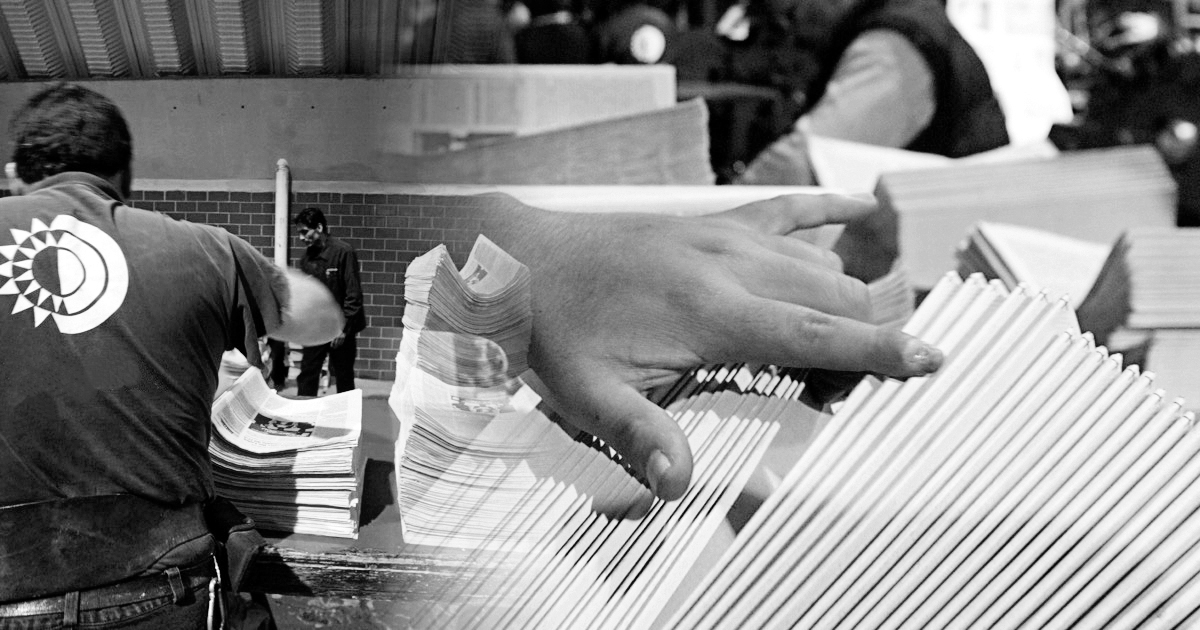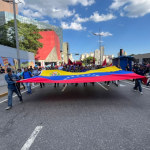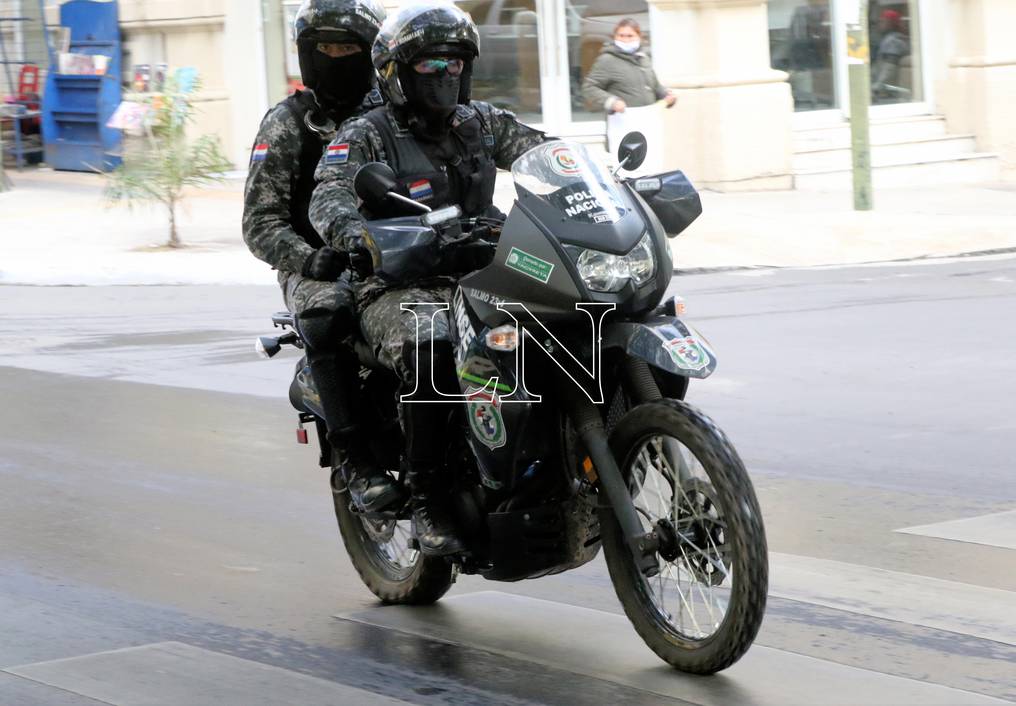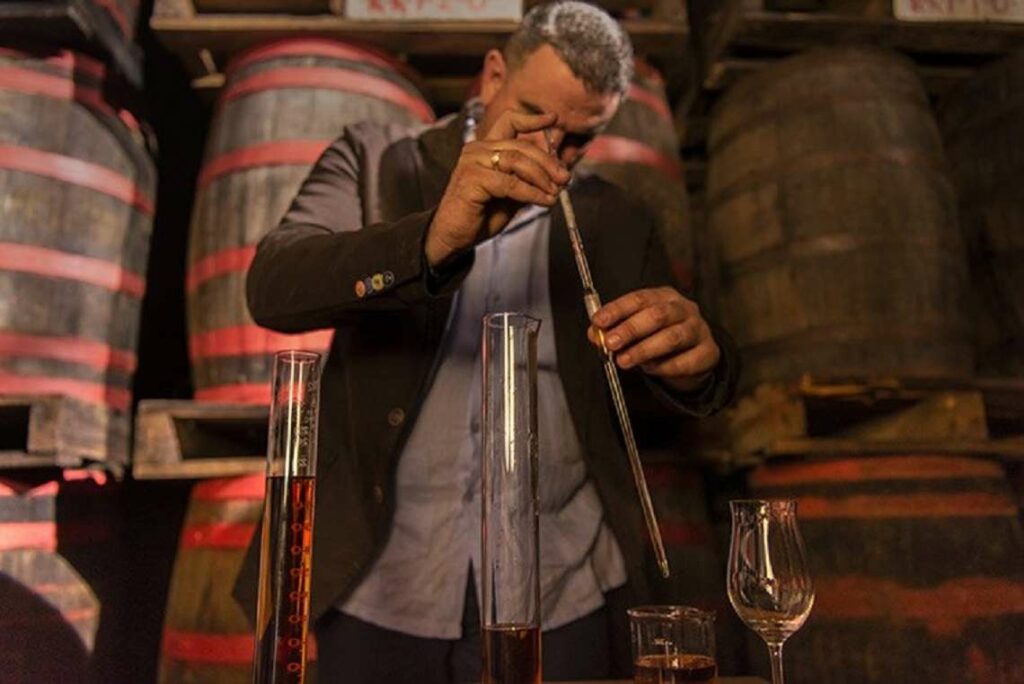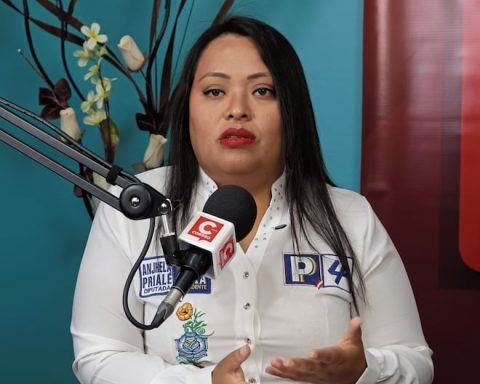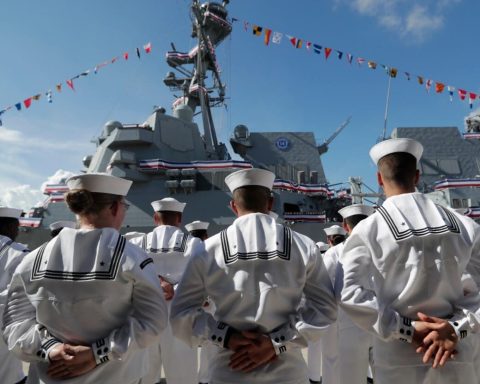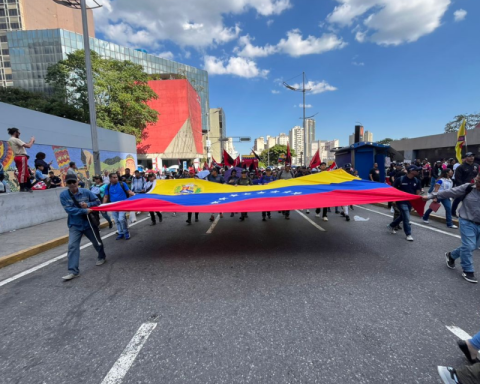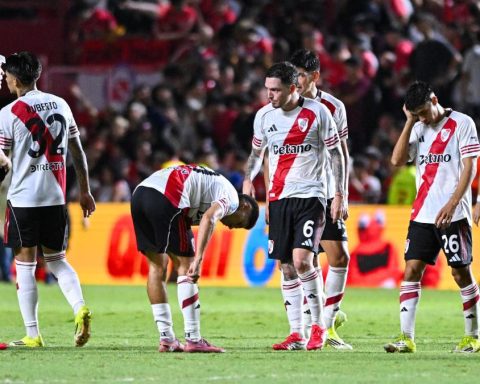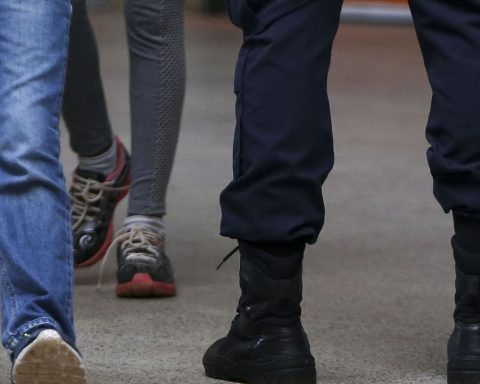David Brooks and Jim Cason
Correspondent and special for La Jornada
Newspaper La Jornada
Wednesday, November 30, 2022, p. eleven
Washington. The United States government confirmed that Édgar Valdez Villarreal, the barbiewas transferred from his prison in Florida and one of his former lawyers warns that he was probably sent to New York to assist prosecutors in the preparation of the case against Genaro García Luna.
The Bureau of Prisons (BOP), an agency within the Department of Justice, responded to the day that Valdez Villarreal is not currently in custody
of the BOP, but stressed that “there are several reasons why an inmate might be referred to as ‘not in custody’” on that agency’s website.
A BOP spokesman, Benjamin O’Cone, explained that Inmates previously in BOP custody who have not completed their sentences may be out of BOP custody for a period of time for court hearings, medical treatment, or other reasons.
.
The absence of Valdez Villarreal on the list of inmates in federal prisons administered by the BOP is the only confirmed fact, but that was enough to trigger intense speculation –and misinformation– in the media and networks on the whereabouts of the former operator of the Beltran Leyva cartel.
The Department of Justice and the BOP do not comment on individual cases or the location of inmates not currently in their custody. for security or privacy reasons
.
But Kent Schaffer, a former attorney for Valdez Villarreal, said in an interview with the day that it would be inaccurate to say that your former client has been released. Often what happens, hypothetically, is that if you are going to testify against someone, the (federal) marshals will transfer you to a detention center, for example Rikers Island or the MCC (prisons in New York).
. He stressed that he doesn’t know if this is exactly what has happened, but it is what he suspects.
He suggested that his former client may be offering to cooperate as a witness in the January trial of the former Secretary of Public Safety in New York, although prosecutors have yet to release the names on his witness list.
When I represented him 10 years ago, (the US authorities) were already asking about García Luna at that time.
Schaffer said. We had several government inquisitions about García Luna. So it might make sense that if the trial is in New York, they would move it to that city so that the prosecutors have time to talk.
with Valdez Villarreal, he said in a telephone interview from the offices of his law firm in Houston.
Schaffer declined to discuss any information Valdez Villarreal might have about Garcia Luna, but shared that he had been sufficiently concerned by what his former client knew to request US government assistance to protect him while he was incarcerated in Mexico. Remember, at that time García Luna was part of the government
.
Even before his extradition to the United States, Valdez Villarreal accused García Luna of having received bribes from his cartel since 2002.
It is common practice for US authorities involved in the fight against organized crime to use capos and other drug traffickers captured and extradited to the United States as witnesses. cooperating
and/or protected in the persecution of other leaders, as was the case of El Chapo Guzman.
Negotiations with these witnesses can take various forms, but generally revolve around offers of reduced charges or jail sentences in exchange for information, statements, and/or testifying against other drug traffickers before the criminal justice system in the United States. Joined.
For this reason, and as his former lawyer Schaffer commented, there are reasons and precedents to suppose – among other possibilities – that Valdez Villarreal could have been transferred from BOP custody to other authorities, such as the United States Marshals Service.
The former drug trafficker has a long history of seeking to negotiate with US authorities, from attempts with the DEA shortly after 2006, to contacts with the FBI in 2009, to which he apparently provided information against his former colleagues in the Beltrán Leyva cartel, among others.
Valdez Villarreal – who is a US citizen born in Texas – was captured in Mexico in 2010 and extradited to the US in 2012. He was sentenced by a federal judge in Atlanta to 49 years and one month in prison in 2018, after pleading guilty in 2016 to money laundering and cocaine trafficking conspiracy charges.
